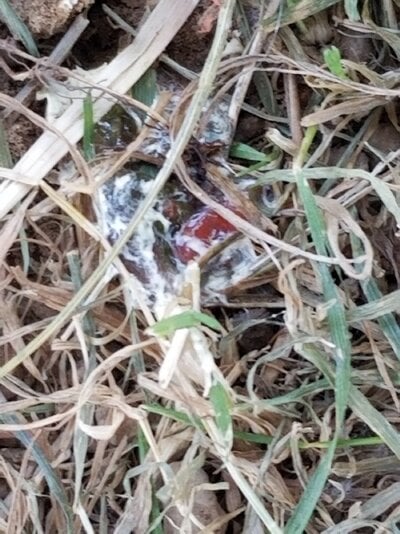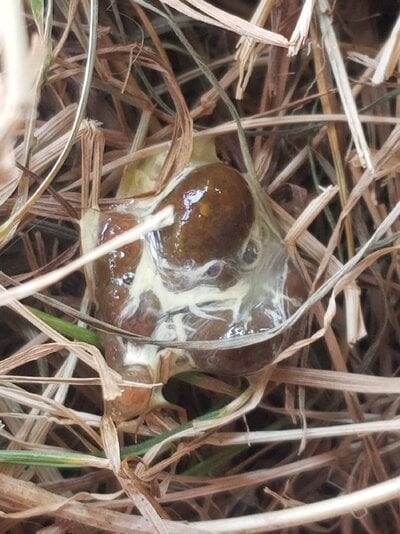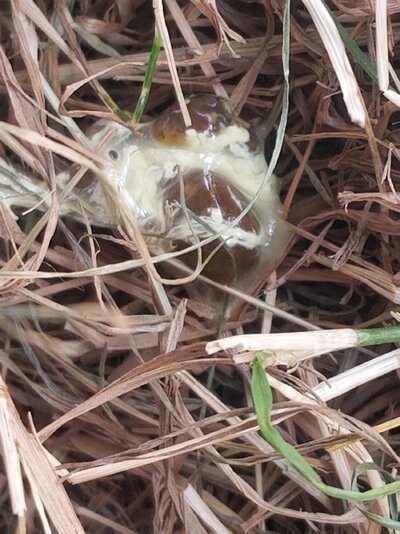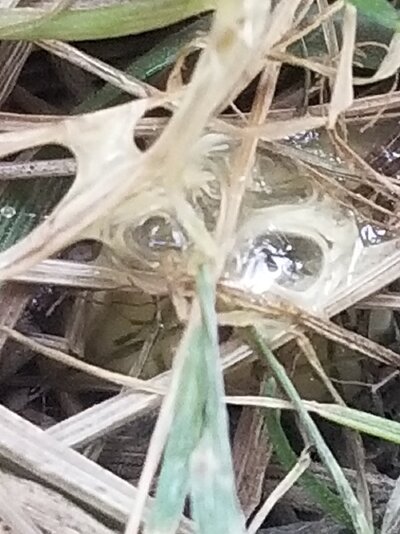FreedomRun
Hatching
Hello all. I have a 4 week old lavender orpington who doesn't seem to be doing well today and her droppings are laden with white stringy mucous, the first one having contents of poo but the second was very watery.
5 days ago she exhibited signs of feeling under the weather: slightly lethargic, low appetite although she did peck at the wet feed when it was introduced, and she was still drinking water. I noticed these little bits of orange pieces in her droppings that pointed to signs of simply being intestinal lining, although it was also covered in a white stringy mucous.

I caught her dropping this type twice on that day and no more. After those two, her droppings looked completely normal and the next day, she was back to her perky self along with the others.
Fast forward to today and she is back to sleeping all day, slow movements, drinking on occasion and measily packing the wet feed. She may have passed a little orange bit here, but her droppings are covered in the milky white mucous. Here's the front and back of the first poo I caught today:


As you can see, there is poo content in the first dropping and then here's her second dropping that was completely watery and appeared yellow as she dropped it:

She has been exposed to her run almost every single day for half the day since she was a little over a week old. The only thing I've done differently within the past couple of days is introduce a small amount of watermelon to the girls and dug a deep plug of earth with the grass, dandelion and clover attached and put it in their run to rifle through.
Can anyone please help me identify what is going on and how I can help her thrive again?
5 days ago she exhibited signs of feeling under the weather: slightly lethargic, low appetite although she did peck at the wet feed when it was introduced, and she was still drinking water. I noticed these little bits of orange pieces in her droppings that pointed to signs of simply being intestinal lining, although it was also covered in a white stringy mucous.
I caught her dropping this type twice on that day and no more. After those two, her droppings looked completely normal and the next day, she was back to her perky self along with the others.
Fast forward to today and she is back to sleeping all day, slow movements, drinking on occasion and measily packing the wet feed. She may have passed a little orange bit here, but her droppings are covered in the milky white mucous. Here's the front and back of the first poo I caught today:
As you can see, there is poo content in the first dropping and then here's her second dropping that was completely watery and appeared yellow as she dropped it:
She has been exposed to her run almost every single day for half the day since she was a little over a week old. The only thing I've done differently within the past couple of days is introduce a small amount of watermelon to the girls and dug a deep plug of earth with the grass, dandelion and clover attached and put it in their run to rifle through.
Can anyone please help me identify what is going on and how I can help her thrive again?







